GameStop Shares Slide Over 15% After $1.75 Billion Convertible Bond Offering
GameStop Corp. $GME, long known for its volatility and meme stock status, announced plans to issue $1.75 billion USD in convertible senior notes, signaling a transformative step in its evolving corporate strategy. The funds, according to the retailer, may be used for general purposes — including potential cryptocurrency acquisitions, such as Bitcoin $BTCUSD — under its newly defined investment policy.
This marks a stark pivot from GameStop’s traditional retail model toward a capital structure increasingly oriented around digital assets. The company recently disclosed the acquisition of 4,710 BTC, representing an investment of over $500 million, further cementing its shift toward crypto-financed innovation.
GameStop’s Bitcoin Bet: A Risk-Heavy Capital Maneuver
The proposed convertible bond issuance raises both strategic and financial questions, as the firm seeks to fund asset diversification amid unclear operational synergies. Convertible bonds allow holders the option to convert debt into equity, often diluting existing shareholders — which may explain the immediate negative price reaction in GME stock, which dropped over 15% in premarket trading.
The move also reflects a growing trend among public companies integrating digital assets, though GameStop’s scale and brand make this a particularly notable case. By leveraging cryptocurrency exposure, GameStop appears to be betting on price appreciation to strengthen its balance sheet and fund long-term initiatives.
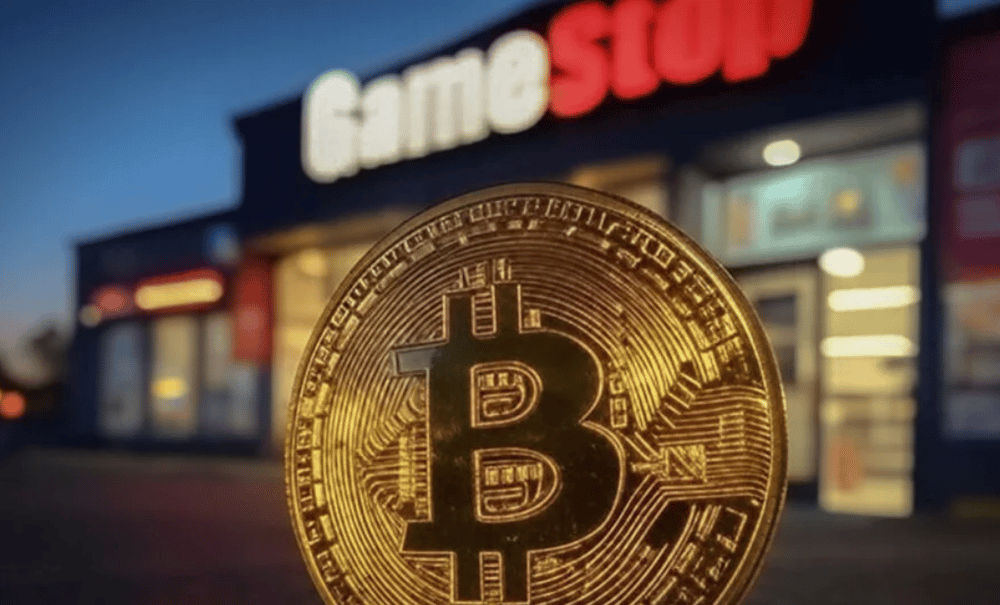
Quick Facts
💰 Amount of Convertible Notes: $1.75 billion USD
🪙 Bitcoin Holdings: 4,710 BTC (~$500+ million USD)
📉 Stock Reaction: -15% premarket
🧾 Use of Proceeds: General corporate purposes, crypto investments, acquisitions
🏢 Investment Policy: Includes holding cryptocurrencies on the balance sheet
Market Impact and Analyst Reactions
Investor sentiment turned sharply negative following the announcement, reflecting concerns over share dilution risk and balance sheet volatility tied to Bitcoin. Analysts are cautious, noting that while Bitcoin has appreciated in recent months, its price remains historically volatile, posing valuation and accounting risks for corporate treasuries.
At the same time, the deal underscores the growing convergence of corporate finance and digital assets, with equity-linked instruments increasingly used to finance cryptocurrency allocations. However, this hybrid financial model remains controversial and is still viewed as speculative by institutional market participants.
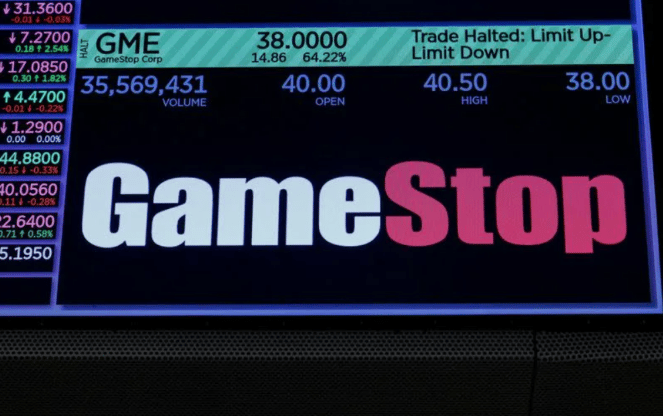
Key Takeaways
GameStop is issuing $1.75B in convertible debt to potentially fund further Bitcoin purchases.
The stock plunged over 15% premarket following the announcement.
The company now holds over $500 million in BTC, highlighting its evolving balance sheet composition.
Analysts warn of dilution risk and heightened volatility tied to crypto-linked corporate finance.
The move reflects a broader, though still rare, trend of digital assets entering the realm of corporate treasury strategy.
A Speculative Strategy with Asymmetric Risks
GameStop’s $1.75 billion bond offering and accompanying crypto strategy signal a paradigm shift for the company, transitioning from meme stock notoriety toward a speculative financial asset model. While the approach may attract attention from crypto-aligned investors and traders, it introduces new levels of balance sheet complexity, valuation uncertainty, and regulatory scrutiny.
The market's reaction suggests that such aggressive financial engineering — particularly when tethered to volatile assets like Bitcoin — remains controversial. Whether this strategy yields sustainable value or merely heightens financial risk will depend on both BTC market performance and the company’s execution discipline in deploying these new capital resources.


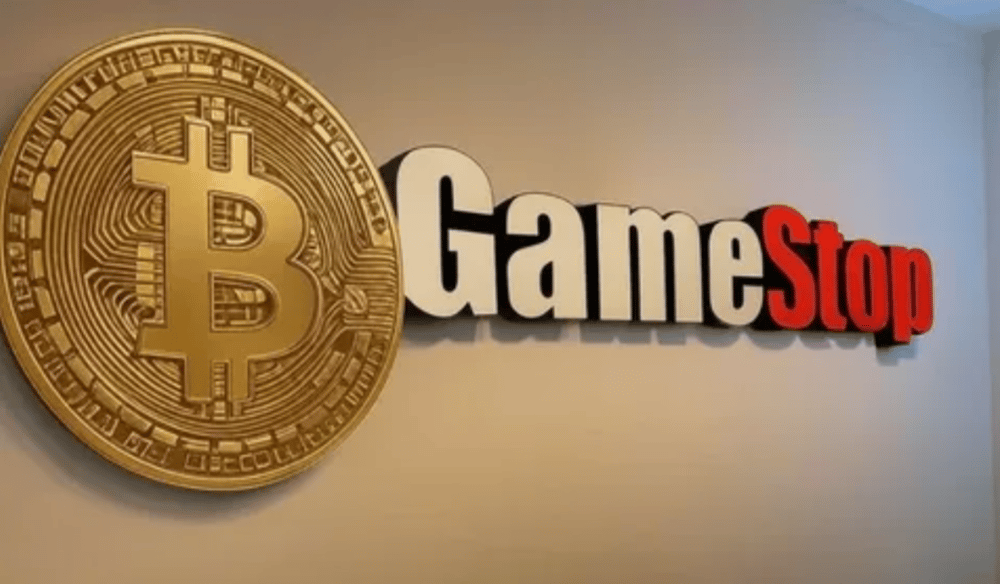
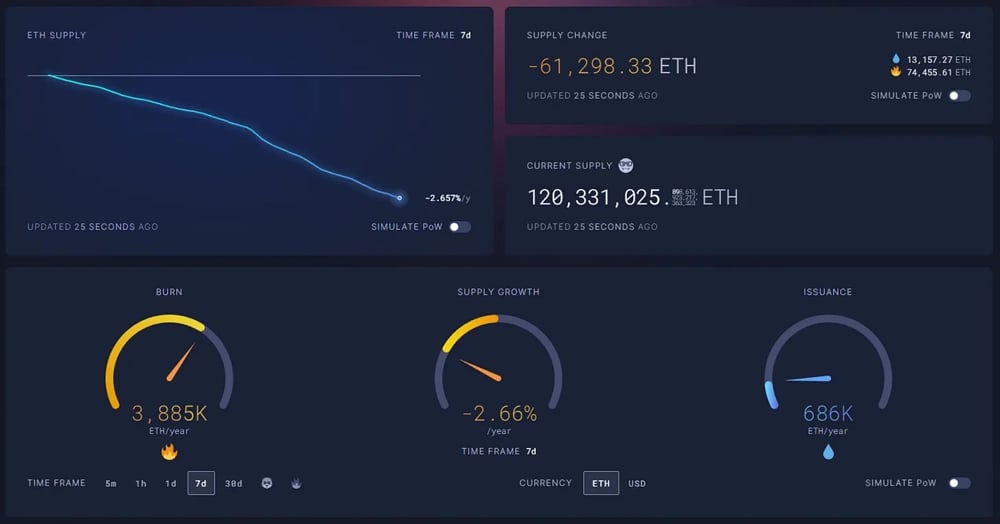










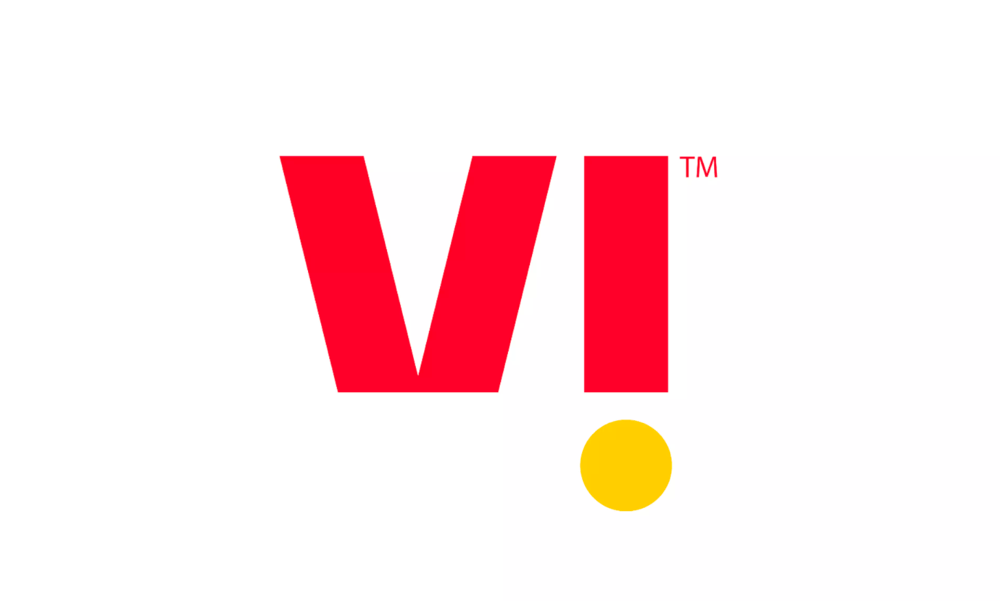
Comments